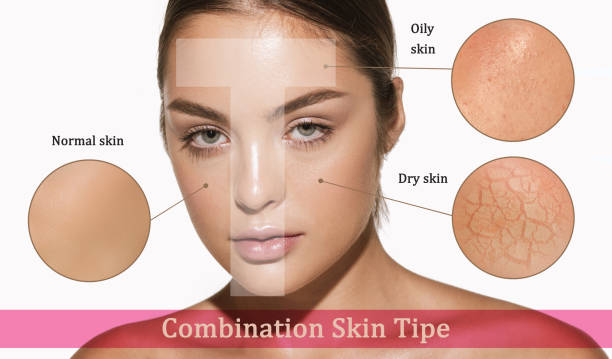Your skin relies on a proper blend of nutrients to fulfill its crucial role as a protective barrier shielding your body from external elements. Ensuring your skin remains vibrant, functional, and comfortable involves nourishing it from within with Healthy Skin Nutrients
Healthy Fats
These are the keys to achieving that coveted “glow” in your skin. Inadequate fat intake can lead to dry, wrinkled skin. Prioritize consuming monounsaturated and polyunsaturated fats sourced from plants such as nuts, seeds, avocados, and fish. These fats contribute to maintaining skin moisture, firmness, and flexibility while promoting heart health compared to saturated fats.
Omega-3 fatty acids, a type of polyunsaturated fat, are essential as your body cannot produce them but requires them to construct cell membranes. Additionally, they inhibit the chemical processes that facilitate the growth and spread of skin cancer, potentially reducing inflammation.
Protein
Proteins you consume are broken down into amino acids by your body, which serve as the building blocks for various proteins, including collagen and keratin, crucial for skin structure. Amino acids also aid in shedding old skin cells.
Vitamin A
Both the outer and inner layers of your skin rely on vitamin A. It appears to shield against sun damage by interrupting the breakdown of collagen. Acting as an antioxidant, it may provide some defense against sunburn, although it’s not a substitute for sunscreen. Vitamin A supports the function of oil glands surrounding hair follicles and aids in wound healing, particularly useful when undergoing steroid treatment to reduce inflammation. Insufficient vitamin A intake can result in dry, itchy skin or rough patches.
Vitamin C
Dubbed the “C” for collagen, this vitamin assists in maintaining the structural integrity of collagen, a crucial protein in your skin. It also serves as a potent antioxidant, guarding against free radicals and potentially lowering the risk of skin cancer. Low levels of vitamin C can lead to easy bruising, bleeding gums, and slower wound healing.
Vitamin E
Functioning as both an antioxidant and an anti-inflammatory, vitamin E absorbs UV light energy, which is known to cause skin damage, wrinkles, sagging, and skin cancer. It collaborates with vitamin C to fortify cell membranes.
Zinc
The outermost layer of your skin contains five times more zinc than the layer beneath. Zinc supports skin healing post-injury, stabilizes cell membranes, and facilitates cell division and specialization during growth. Zinc’s behavior concerning other metals in your body, such as iron and copper, may shield the skin from UV damage. Additionally, it exhibits antioxidant properties. Zinc deficiency can manifest as eczema-like symptoms, unresponsive to moisturizers and steroid creams.
Selenium
Selenium, a mineral, aids specific antioxidants in safeguarding your skin against UV rays. Inadequate selenium levels have been associated with an increased risk of skin cancer.
Healthy Skin Nutrients: Food and Supplements
In general, incorporating fruits and vegetables into your diet is beneficial due to their abundance of skin-friendly vitamins and antioxidants.
Certain foods offer a combination of nutrients that synergistically enhance their effectiveness:
- Fatty fish (salmon, sardines, tuna): protein, omega-3s, selenium
- Leafy dark greens (kale, spinach, collards): vitamins A, C, and E; omega-3s; protein — selenium in spinach
- Eggs: protein, vitamins A and E, selenium, zinc
- Flaxseeds: omega-3s, selenium
- Legumes (lentils, chickpeas): protein, zinc
- Avocados: healthy fats, vitamins C and E
- Extra virgin olive oil: healthy fats, vitamin E
Consult your physician if you’re concerned about inadequate intake of these essential nutrients from your diet to ensure that supplements won’t have adverse effects on your health. For instance, while fish oil provides omega-3s, its consumption may not be advisable if you’re on blood thinners or have a compromised immune system. Furthermore, zinc supplements can reduce the effectiveness of certain antibiotics.
Certain amino acids function as antioxidants, shielding skin cells from UV radiation and neutralizing harmful “free radicals” generated during food breakdown or exposure to cigarette smoke.

